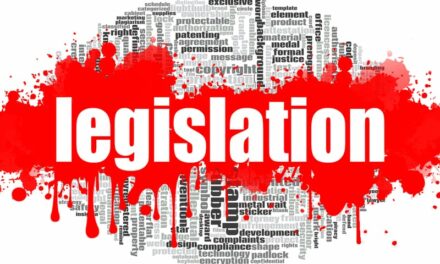The FSHD Society is holding back-to-back meetings in June in Orlando, Florida, to convene patients, families, researchers, clinicians, advocacy leaders, industry scientists, and regulators from around the world to focus on the goal of developing treatments for facioscapulohumeral muscular dystrophy (FSHD).
FSHD is a rare, hereditary muscle-weakening condition that affects an estimated one million men, women, and children worldwide. It is marked by life-long, progressive loss of muscle function and causes significant pain, fatigue, and disability. There is currently no medication to slow or halt the progression of symptoms.
This landmark series of conferences begins on June 15 with the Industry Collaborative Workshop, an invitation-only meeting of academic leaders, regulators, funders, and 14 companies that have FSHD programs at various stages of development. The workshop will review the current state of trial readiness, including biomarkers, imaging markers, clinical outcomes, care standards, and health economics outcomes research, and seek alignment around approaches to addressing critical gaps.
On June 16-17, researchers will gather for the Society’s 29th annual International Research Congress (IRC), the premiere platform for sharing and discussing the latest scientific findings on FSHD. The IRC covers a broad span of research including genetics, epigenetics, pathobiology, novel drug targets, outcome measures, and clinical trials. The Society’s leadership has contributed to notable advances, including the discovery of the genetic mechanism of FSHD, identification of therapeutic targets, and several clinical trials including the phase 3 trial that will be activating within the coming month.
The IRC will be followed on June 18-19 by FSHD Connect, the Society’s biennial global conference bringing together patients, family members, researchers, and clinicians for two days of education, advocacy, and networking. “This year’s theme is ‘Ignite’ and our conference will celebrate the patients and families who, through their active engagement with our programs, are accelerating the development of treatments,” said Mark Stone, CEO, and President of the FSHD Society.
The series of conferences culminates with the World FSHD Alliance’s annual summit, a virtual meeting of FSHD patient advocacy groups from 22 countries. With the prospect of new treatments coming on the market over the next few years, the alliance focuses on developing country-by-country strategies to ensure that patients everywhere will have access to these treatments.
Said Stone, “Our meetings serve a vital role in making sure that all of our stakeholders are working together, speaking with one voice, to speed up the delivery of effective treatments to our families.”
[Source(s): FSHD Society, PRWeb]





